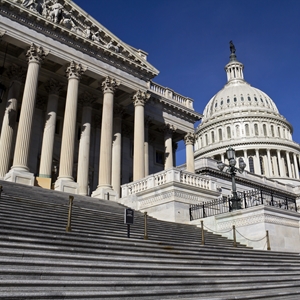
How ‘the internet of things’ influenced intellectual property in 2013
January 10, 2014 6:33 pm Leave your thoughts
The digital world has become a community of its own. Social networking websites serve as communication hubs, while e-commerce businesses represent the marketplace. Regulation on the internet was known to be a self-governing body in the past, but now the government is taking a stronger stance on the internet, according to Forbes Magazine.
"[I]f there's an actual or perceived power vacuum for regulating new Internet technologies and business practices, the FTC seems determined to fill it," Forbes Eric Goldman contributor wrote.
However, the FTC was not the only government agency working to increase intellectual protections. Congress is hoping to decrease the magnitude of patent trolls with the passage of the Innovation Act. This move is intended to tie loose ends from 2011's America Invents Act, which indirectly enabled patent trolls — businesses that sued others for violating patents, but did not actually invent products with these licenses.
Speaking of lawsuits, tech and internet organizations have been in and out of court in 2013. Whether it's the ongoing battle between Samsung and Apple, or Google's win against the Author's Guild, the back-and-forth on copyright infringement is likely to continue into 2014.
Some cases may end in settlements, while others may last many years because the United States' Copyright Safe Harbor Laws continue to leave many questions in the air, specifically within Section 512 of the law.
"[C]ourts have not rejected the possibility that investors in user-generated websites may be liable for users' infringements, even if Section 512 protects the website itself," the news source added.
Startups are in the position to protect their products and ideas in a world where imitators can be found in any part of the world. A Phoenix business lawyer can serve as great resource to streamline litigation processes.
Categorised in: Intellectual Property Law
This post was written by




